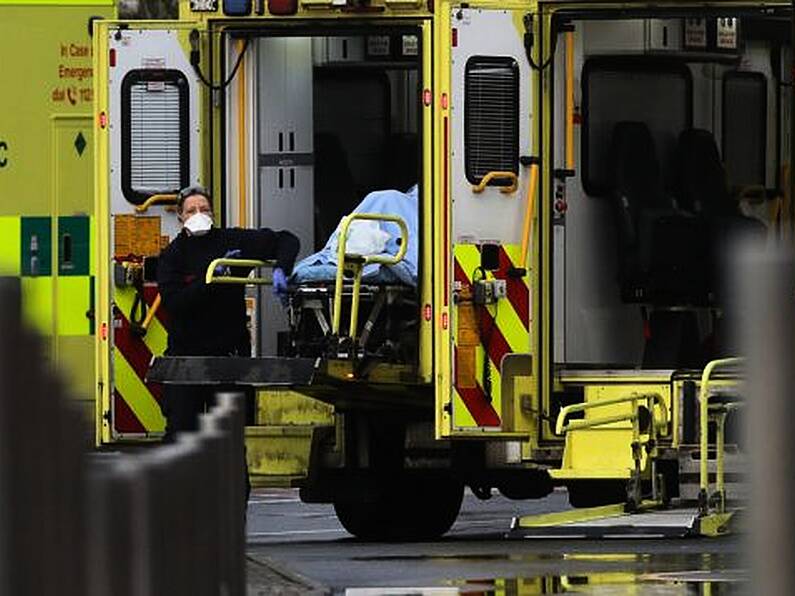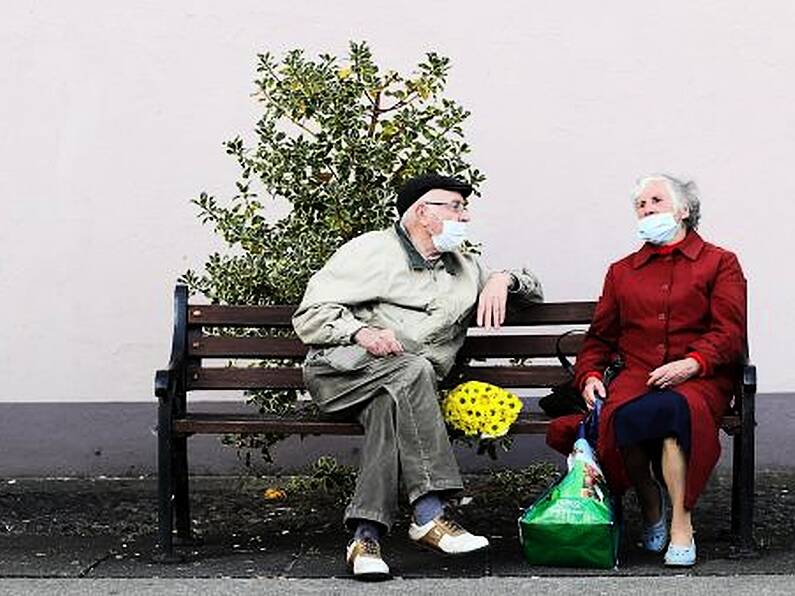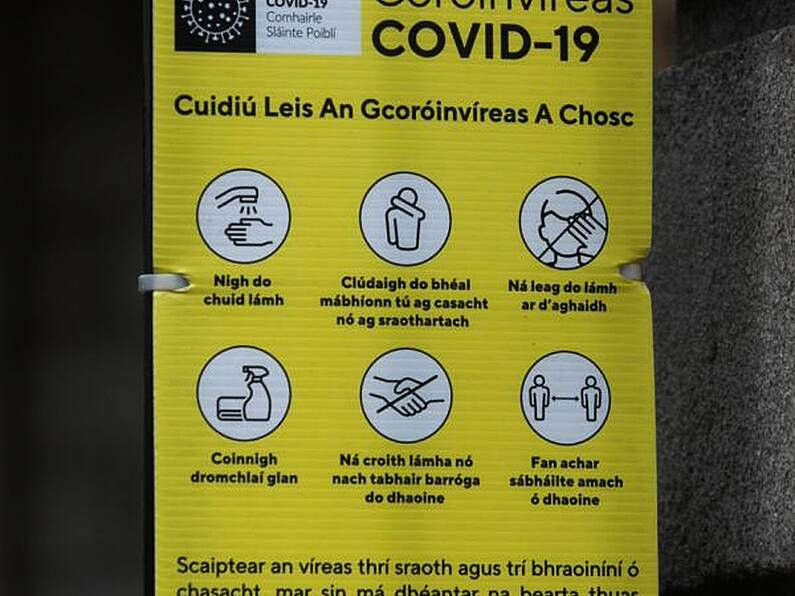By Digital Desk Staff
The number of people hospitalised with Covid-19 in the Republic passed 2,000 on Monday for the first time since the pandemic began.
2,023 people with Covid-19 are currently being treated in Irish hospitals, while the latest figures show 196 people in intensive care units (ICU).
HSE chief Paul Reid said over 400 people across the hospital system are receiving “high grade ventilation and respiratory support” on Monday, both inside and outside of ICU.
National critical care surge plans have been activated, with the health service chief saying it is “working really hard to remain in control”.
2,023 patients are now in hospital with #COVID19. Over 400 are receiving high grade ventillation & respiratory support inside & outside of ICU. Our national critical care surge plans are activated. Were working really hard to remain in control. Your help counts. @HSELive
— Paul Reid (@paulreiddublin) January 18, 2021
The Irish Times reports that almost 6,400 healthcare staff are out of work due to Covid-19 as hospitals face into their most difficult week on record.
Those unable to work due to infection or contact with a case include 2,500 nurses, 1,500 patient care staff, 600 health and social care professionals and 400 doctors, according to the latest HSE figures.
The Minister for Health has insisted that hospitals will be able to manage the peak of the third wave with the health service’s surge capacity of 350 ICU beds.
Stephen Donnelly said it has sufficient staff, personal protective equipment, ventilators and oxygen to treat the expected peak of severely ill virus patients.
It comes as the Defence Forces have been deployed to three nursing homes in recent days to help ease staffing pressures amid Covid-19 outbreaks.
A Defence Forces spokesman confirmed more than 25 soldiers had been deployed to nursing homes in Ballincollig and Douglas, Co Cork, and Ennis, Co Clare.
An infectious diseases specialist has said one severe outbreak of Covid-19 at a nursing home could put the hospital system over the edge.
“You can get outbreaks in residential homes or outbreaks in nursing homes that are kind of unpredictable and hard to prevent, and all it takes is a big outbreak in a big nursing home, that could be very large (hospital) numbers,” Professor Sam McConkey of the Royal College of Surgeons in Ireland said.
“I actually think it’s very unpredictable, the numbers that we’ll see of people continuing to come in over the next few days and weeks.”
Unsettling
“That’s partly why it’s so frightening and unsettling – we don’t actually know how big it’s going to be or how long it’s going to continue to rise,” the professor added.
Prof McConkey said no Irish hospital has seen pressure like this since the AIDS crisis.
“The only thing that remotely approached this was the very, very sad HIV epidemic in Dublin back in the 80s,” he said.
“What’s been different this time with Covid in the last three or four weeks is the sheer numbers of people sick and coming into hospital and it’s not just in Dublin this time – it’s spread all over the country.”
Prof McConkey said the surge of infection seen at Christmas had created many more secondary infections.
“If somebody got in back in January, and then the people they live with have a reasonable chance of unfortunately picking it up... so we’re still seeing those secondary cases in households.
“It takes a few weeks for those numbers to really drop, so I think it is dropping and I’m hoping that it’s going to continue to drop in the next couple of weeks – I’m reasonably optimistic it will.”
It comes as a member of the National Public Health Emergency Team (Nphet) has warned that current levels of movement are too high and will lead to Covid-19 restrictions remaining in place for months to come.






